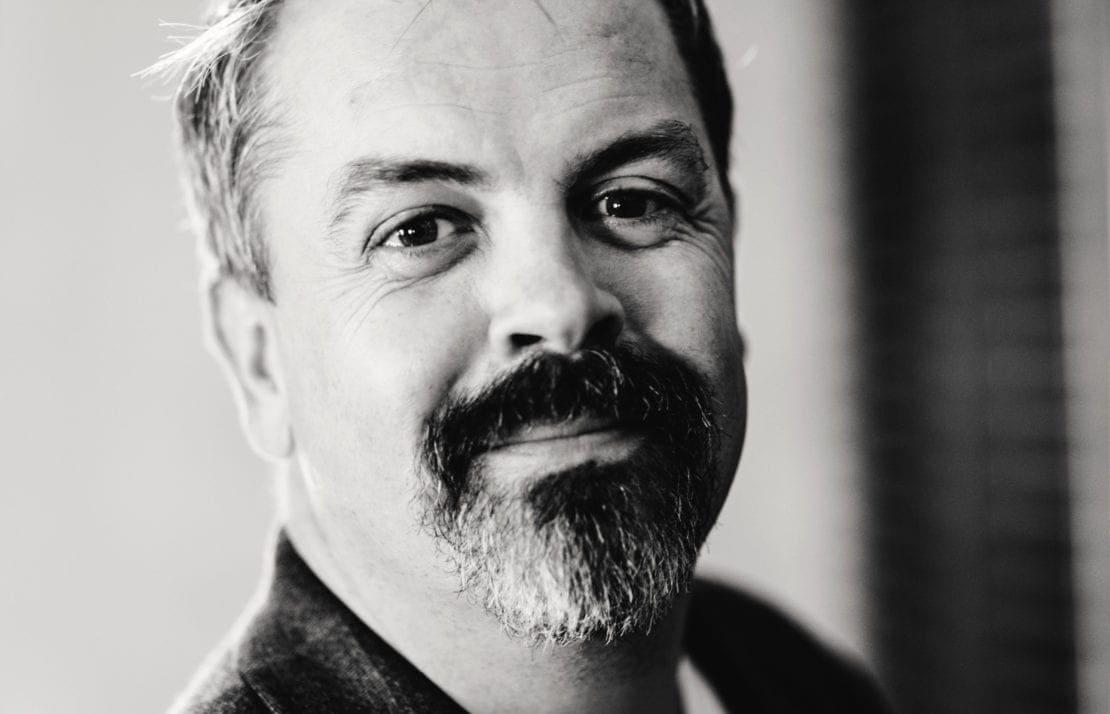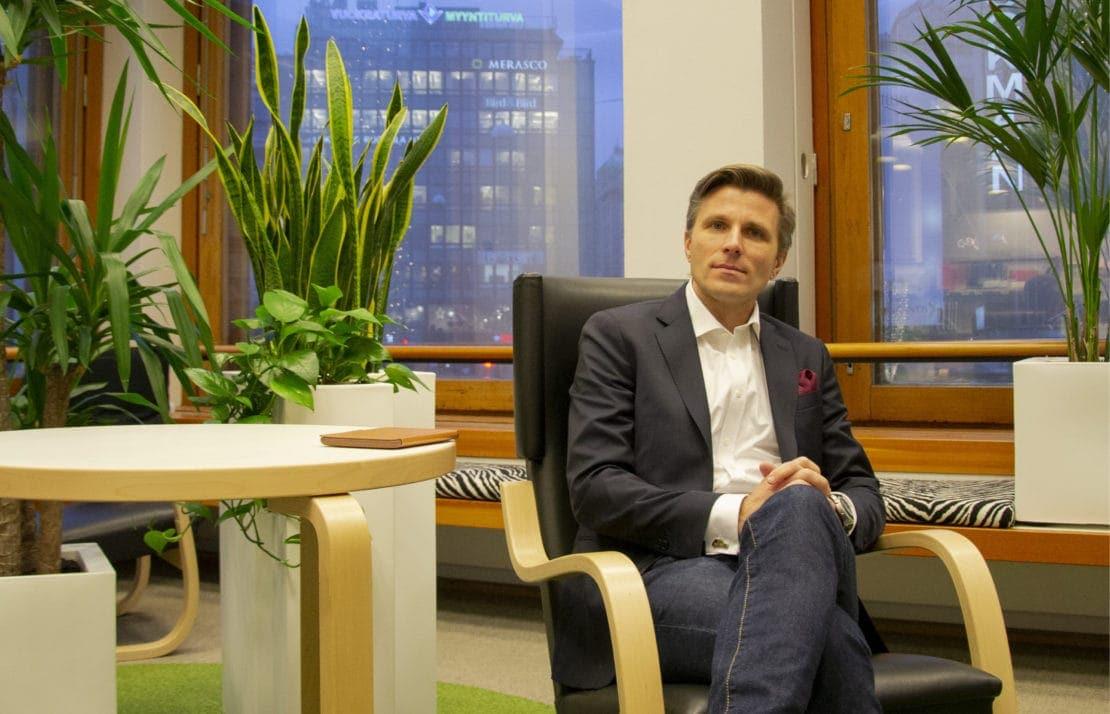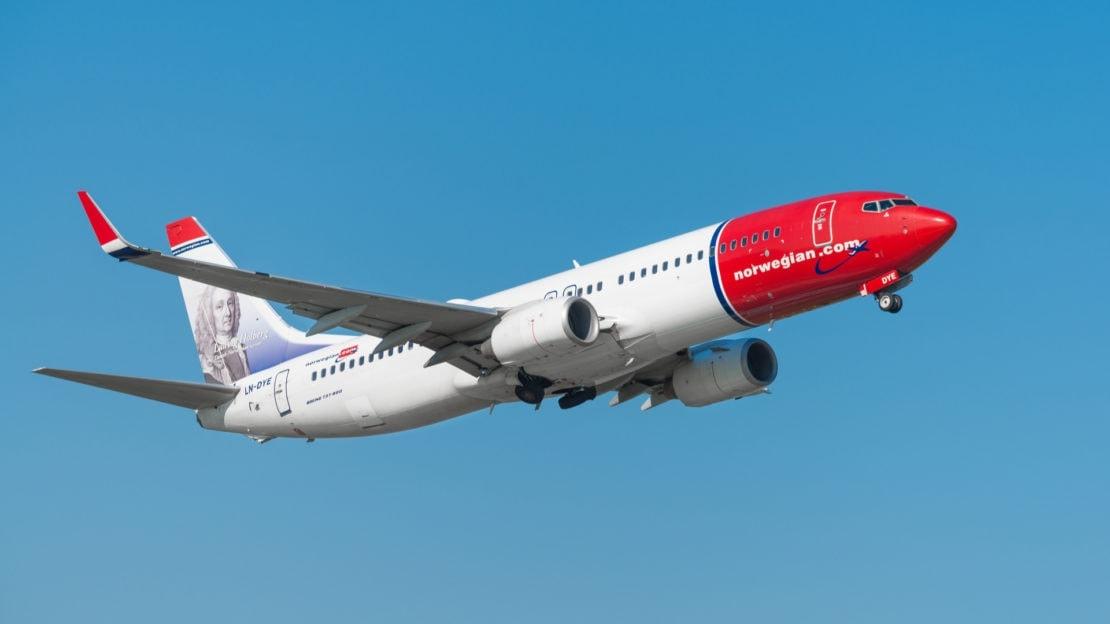12Feb2019
One of the most characteristic features of our age is speed and acceleration, or at the very least the sensation of these two. We are told daily that change occurs faster than ever these days, and that the life-cycle of organizations are getting shorter and shorter. No wonder, then, that many leaders feel that slowness is a weakness to be excised. Our modern heroes often seem to work at a speed all their own – the kind of person who reacts at the speed of light, who speed-reads and sprints, and who in the words of Arnold Schwarzenegger (at NBF in 2014) can even sleep faster than us mortals. This has led many a manager to hoard things like coaches, productivity guides, and a multitude of apps, anything with the promise of speeding you up.
This is understandable, but at the same time a problematic approach to an accelerating world. The fact of the matter is that one of the most important skills for contemporary leadership in strategy is not acceleration, but the art of mindfully slowing down.
There are several reasons for this. One, as the world speeds up it becomes increasingly important to tell important changes apart from mere fads. Two, when an organization starts taking off in several directions at one, someone needs to grab the reins and find one, considered change vector. Three, if everyone else is accelerating, the strategy thinker will look for success factors where others do not, i.e. in more mindful approaches.
I obviously do not mean that leaders should get lazy, or just lounge around. Nor do I argue that leaders should oppose change and re-discover their inner conservative. But there’s a difference between slowing down and slamming the breaks. Just like when driving, it is important to at times decelerate, make sense of your situation, keep your movement considered, and retain the capacity to react to new possibilities.
Consider Bill Gates. Twice a year he takes a week off and goes off the grid – as he did when he ran Microsoft. Without distractions he reads and thinks, i.e. slows down. Simple and ingenious. By doing this he decouples from the stress and fragmentation that defines the work of many a leader and which often stops us from seeing the big picture of things.
Still, when I advise CEOs to do something similar (and even offer to give the lists of books to bring along), many of them merely huff. There’s no way, there’s no time. Work’s too busy, and the world is moving too fast. And then they marvel at the fact that they miss so much, just like a driver who accelerates until it becomes impossible to make out anything at all…
So slow down. It’s the fastest way to speed up.
Alf Rehn
Professor of Innovation, Design, and Management
University of Southern Denmark


